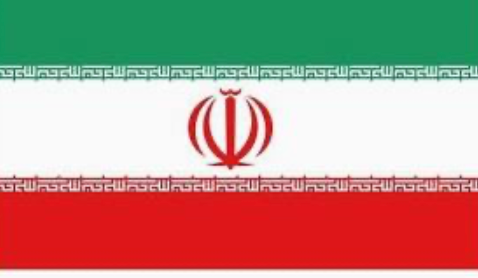I’m betting you’re overwhelmed by the torrent of news coming at you, so much of it awful. I know the feeling, but I still want to talk to you about the closed-to-the-world nation of Iran and its place in the global rising tide of autocracy. An Iranian contact of mine has been sending me his observations, an extremely smart, well-educated and reflective man who’s given me permission to share his unedited words with you.
I see in them a fearful comparison between the loss of freedoms and the isolationism of today's Iran and the world Donald Trump and his MAGA acolytes would take us to if we let them. Soon I’ll send you what my contact has written about the US, in hopes his analyses help us learn from the Iranian resistance.
------------------------------
Iran: The Haunted Renaissance
It’s the Time: A Global Reckoning of Identity, Trauma, and the Human Spirit
“History does not repeat itself. But it does rhyme.”
In the spring of 2025, the rhyme is deafening.
From the resilient echoes in Tehran’s digital underground to the haunted landscapes of Gaza and Israel, from the fractured identity politics of the United States to the quiet, internal shifts across the Arab world, our era is defined by more than conflict. We are witnessing a profound global identity crisis, interwoven with unprocessed historical trauma, the performance of ego, and a deep, often unacknowledged, hunger for authentic belonging and meaning.
This isn't merely political; it's existential. It's a confrontation with inherited wounds and weaponized narratives. And it’s the time to reckon with the legacies shaping us, to consciously choose the future we are building within ourselves and between each other, and to excavate what being human truly demands in an age of fracture.
Forty-six years after its revolution, Iran embodies the tension between state-enforced identity and the irrepressible human spirit. The Islamic Republic hasn't just governed; it has attempted to engineer the national psyche, intertwining faith with surveillance, and national identity with prescribed piety.
Generations grew up navigating contradictions: revolutionary ideology alongside globalized digital culture, mandated mourning alongside dreams of personal freedom. The nationwide uprising sparked by the state killing of Mahsa Jina Amini in 2022 wasn't just a political protest; it was a psychological breaking point. It laid bare the trauma of inherited repression, the fear passed down from parents who survived revolution and war, the gaslighting of a state equating dissent with foreign corruption, the deep wounds of gendered oppression.
Young Iranians, particularly women, weren't just challenging laws; they were rejecting an imposed identity built on shame and control. Today, in the face of continued crackdowns, the resistance has evolved. While overt street protests may be less visible, a quieter, deeper transformation persists.
Leveraging technology while rediscovering poetry, science, knowledge, wisdom, and philosophy, a generation is forging identities rooted not in opposition alone, but in a quest for emotional truth, authenticity, and healing. They embody Shayegan’s “cultural schizophrenia,” not as a diagnosis, but as a space of painful creation. They aren’t just demanding a change; they are enacting a reality change from within, posing a profound challenge to rigid ideology.

